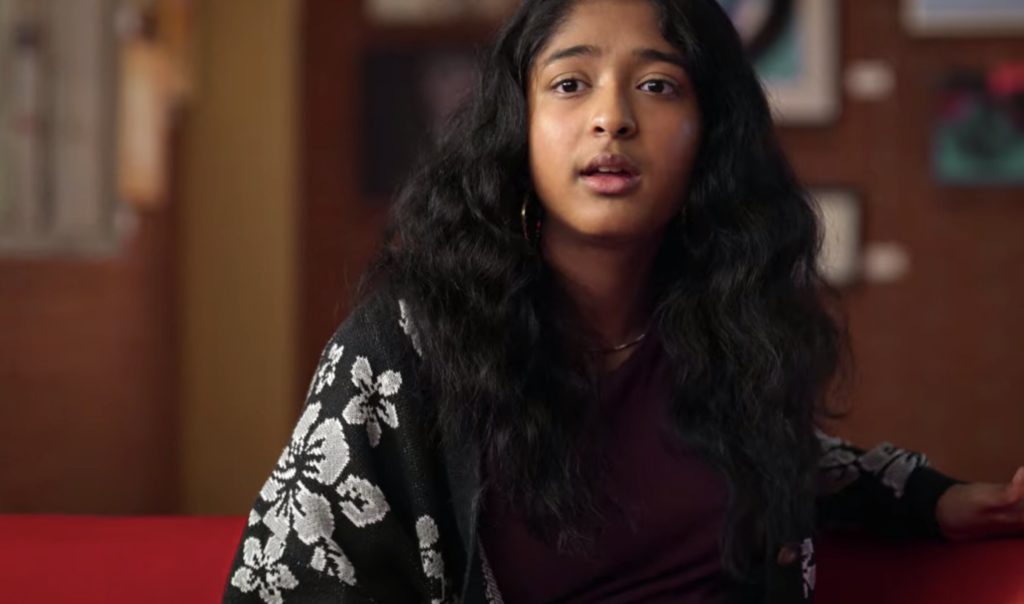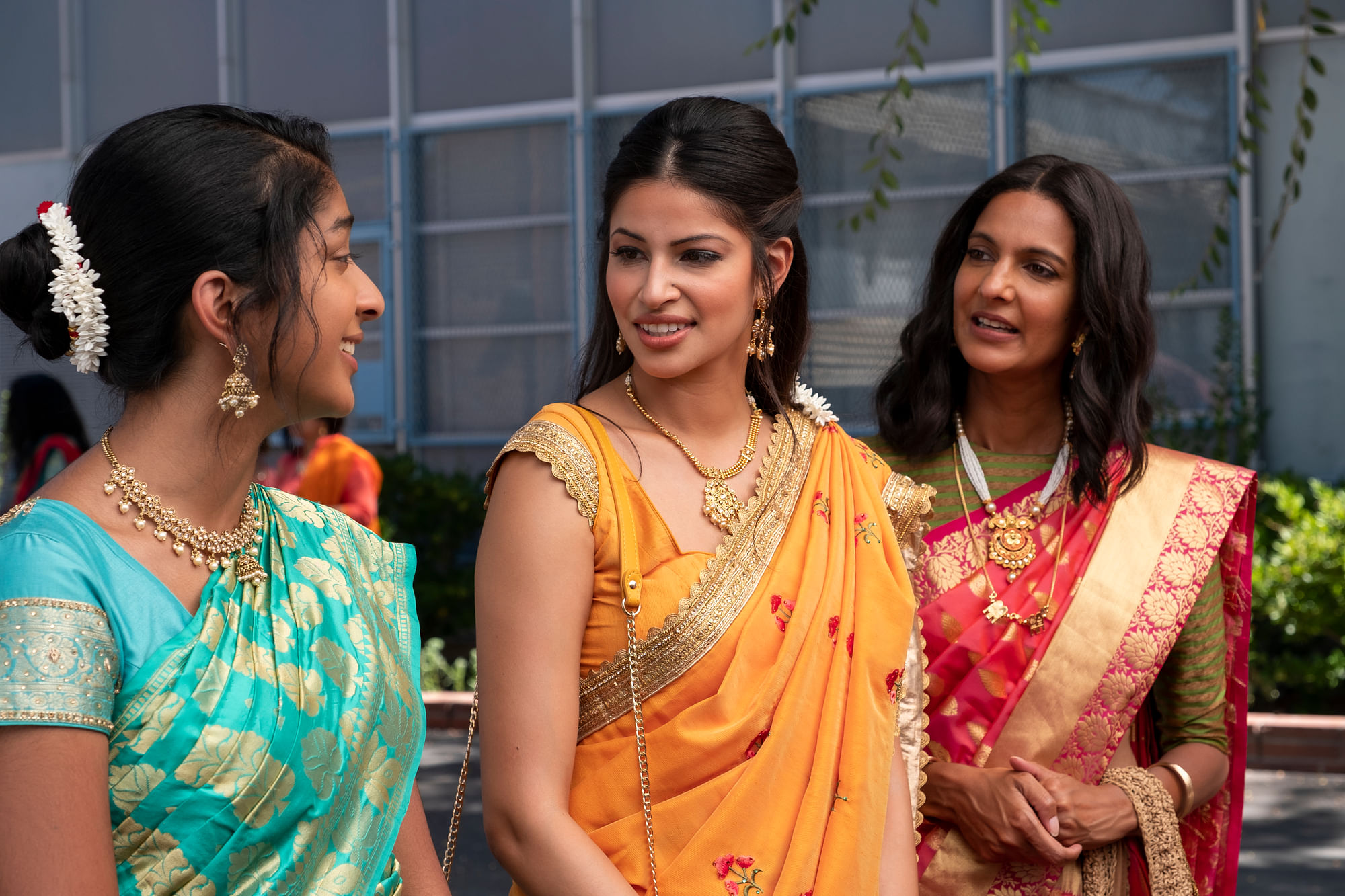

My colleague Andy Greene suggests Kaling’s version of Michael was a bit more vulnerable and needy than that of some of her peers. (*) To be fair, The Office had this problem with Michael, who could behave wildly differently depending on who wrote that week’s episode. At times, the fictional Mindy could come across as a pure sociopath, which made it hard to reinvest in her love life.

And whatever momentum Kaling built up on the more sincere end of things could be wiped out in an instant by a punchline that was too funny to cut, no matter how it reflected on Mindy Lahiri or one of her colleagues(*). The show could be riotously funny, but it was also trying to be a romantic comedy and a character study of a woman struggling to grow up without losing the things that were uniquely her. That situation wasn’t her fault, obviously, but her next series, The Mindy Project (which she both wrote and starred in), had a weakness for doing that without the help of meddling network executives.
#NEVER HAVE I EVER SHOW TV#
But it feels oddly appropriate that the most beloved episode of TV she’s written so far in an impressive career was greeted at the time with complaints that it was sacrificing characterization for punchlines.
#NEVER HAVE I EVER SHOW SERIES#
"I would say that, overall, this whole season felt like a series of after school specials about various issues teens might experience, combined with an intro to an Asian American studies course," she said.Kaling was glad that episode’s reputation eventually did a 180. At the same time, Aneesa "complicates stereotypical portrayals of Muslim American people, especially Muslim American women," Borja told NPR.Īsian Americans are the racial group in the United States with the most religious diversity, most languages spoken and widest economic and education gaps.īorja says this season was "really trying to offer a more complex portrait of Asian America," a step up from the first season. It shakes up the assumption of who's considered Asian American, and who's considered Indian American. (L To R) Maitreyi Ramakrishnan as Devi Vishwakumar, Megan Suri as Aneesa, and Darren Barnet as Paxton-Hall Yoshida in Never Have I Ever.īorja, who teaches American studies with a focus on religion, says Aneesa's addition is a recognition of the religious diversity in the Asian American diaspora. But this time, the Mindy Kaling-created show assigns more depth to the Indian-American female characters by complicating their storylines - which is exactly the point.įeaturing Asian American women protagonists as ones with layered and multi-dimensional stories is essential to breaking down decades-old stereotypes of Asian women in Hollywood, says Harleen Singh, director of the Women's Studies Research Center at Brandeis University. The second season of the Netflix series, Never Have I Ever brings back the cringe and chaos as Devi (Maitreyi Ramakrishnan), her mom Nalini (Poorna Jagannathan) and cousin Kamala (Richa Moorjani) navigate their own conflicts at work, at school and in their love lives. But now she has a new frenemy to contend with not one, but two boyfriends and her mom's trying to move her to India.īut as Devi would say, she's "chill as a slurpee, bro." She's still processing the death of her father while trying to climb up the social ladder and get into her dream school (Princeton). If it's tough being a teen, try being 15-year-old Devi Vishwakumar from the San Fernando Valley.

Maitreyi Ramakrishnan as Devi Vishwakumar In Never Have I Ever.


 0 kommentar(er)
0 kommentar(er)
